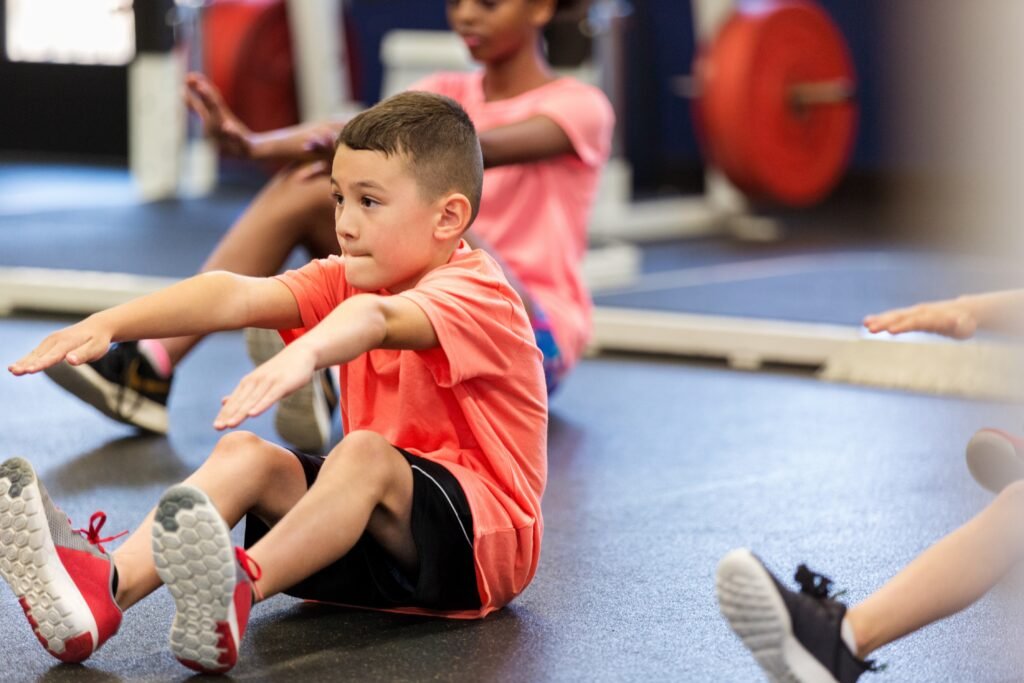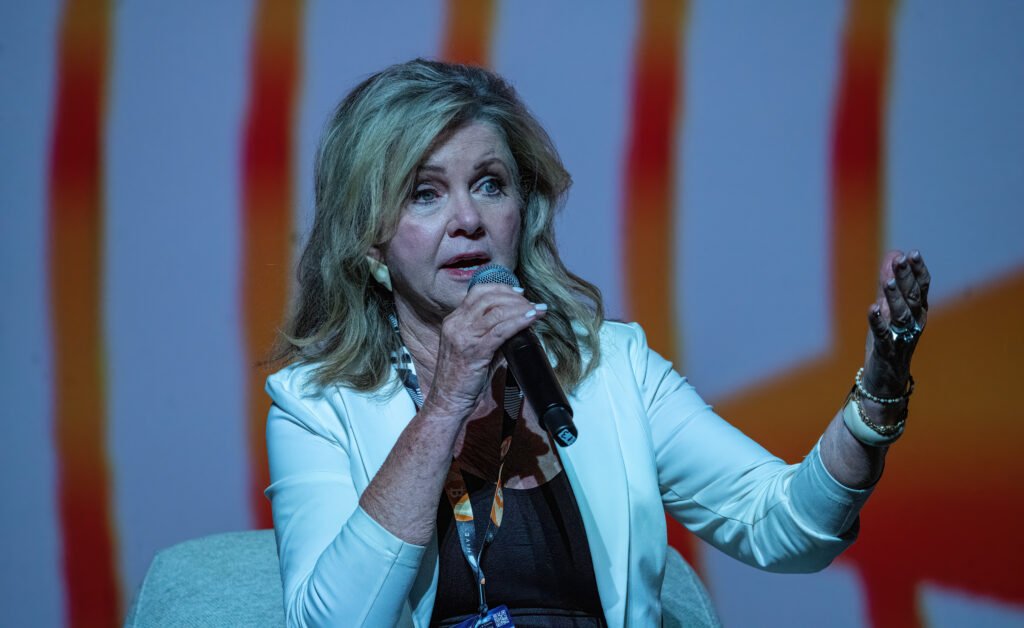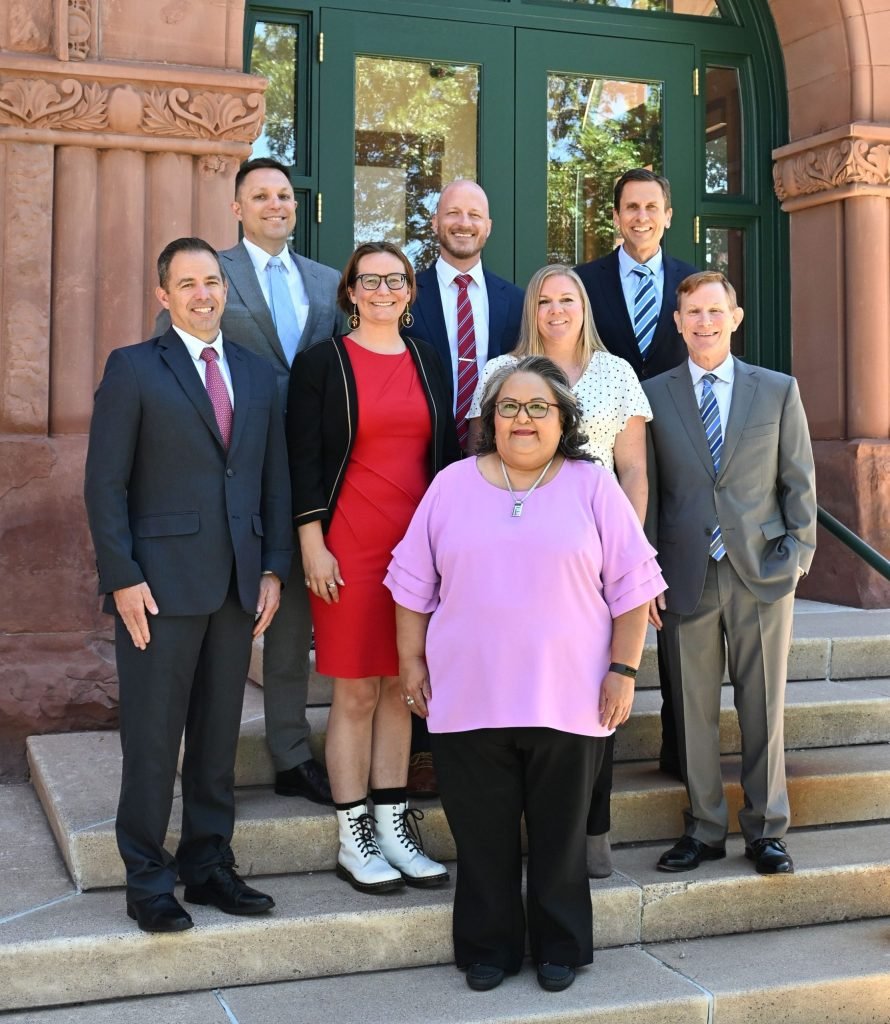WASHINGTON – After more than ten years, President Donald Trump is bringing back physical fitness tests in public schools, although the specifics about the new test—like when and how it will be implemented—are still unclear.
On July 31, Trump signed a Presidential Order aimed at reviving the President’s fitness test, which has been known to provoke both anxiety and achievement among young people. Additionally, he intends to rejuvenate the “Presidential Council on Sports, Fitness and Nutrition,” the body responsible for the test’s development.
“Obesity rates, chronic illnesses, inactivity, and malnutrition are alarmingly high, especially in children,” the executive order stated. “These trends jeopardize our economy, military readiness, academic success, and national spirit.”
The President has appointed Robert F. Kennedy Jr., the Secretary of Health and Human Services, to oversee the implementation of the test.
According to the White House, the Council’s role will involve creating a “school-based program” that establishes standards for excellence in physical education as well as awards for presidential fitness. Factsheet.
Experts Seek Comprehensive Improvements
Details about the tests themselves—including their form and timeline—are still unavailable.
Laura Richardson, a clinical associate professor of kinesiology at the University of Michigan, expressed a desire for a revised test that emphasizes activity levels rather than just performance metrics. “We hope for a reassessment that focuses not only on speed and strength but also equips children with the overall tools necessary to stay active,” she noted.
Richardson emphasized that testing alone won’t improve children’s fitness, stressing the need for additional resources in schools to help students enhance their activity levels. “There’s a significant rise in sedentary behaviors and obesity across all age groups,” she remarked. “Testing is valuable, but without providing resources to educators, students, and parents, we will continue to see the same patterns.”
Legislation to Codify Tests
Rep. Jeff Van Drew recently announced he will introduce legislation to formally establish Trump’s executive order.
New Jersey Republicans indicated they collaborated with the administration, including Kennedy, while drafting the bill. “Every parent wants their children to be strong and healthy,” he remarked. “This bill ensures we have the necessary tools to achieve that.”
History of the Fitness Test
The President’s fitness test has roots dating back to President Dwight Eisenhower. The Chairman’s Council on Youth Fitness was initiated in 1956 following research findings that highlighted disparities in youth fitness in the U.S. compared to Europe.
Initial assessments included abdominal exercises, a mile run, shuttle runs, pull-ups or push-ups, and a sit-and-reach test. Harvard Health.
Since then, several versions of the test have emerged, with the most significant update occurring in 2012. During President Barack Obama’s administration, the traditional test was replaced by the Presidential Youth Fitness Program, aimed at fostering a more personalized and health-oriented approach.
This reformed program arose partly in response to concerns over the traditional fitness test’s psychological impact on youth. The aim was to support students in setting personal fitness goals without comparing themselves to one another. The focus, as put forth by the Disease Prevention and Health Promotion Bureau, was to promote lifelong health habits.
President John F. Kennedy, who was the uncle of the current HHS secretary, expanded upon Eisenhower’s initiatives. In a 1960 essay, he described physical fitness as essential for America to unlock its full potential.
The HHS Disease Prevention and Health Promotion Bureau also noted that Kennedy encouraged a national public service advertising campaign inviting Americans to undertake 50-mile hikes, previously a requirement for U.S. Marines.
In 1966, President Lyndon B. Johnson cemented the Presidential Fitness Awards program for the youth ages 10-17 with “Exceptional Outcomes”.







